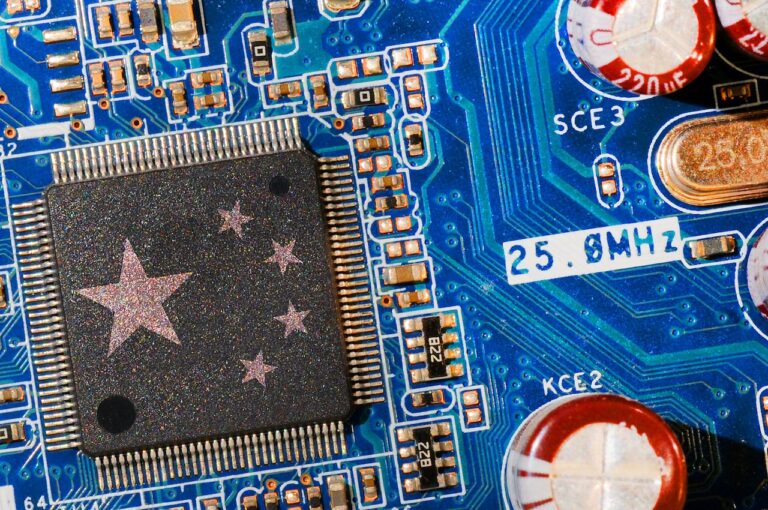
The United States government has imposed restrictions on certain Chinese companies citing threats to U.S. security. In some cases, this means U.S. businesses are prohibited from doing business with those Chinese companies unless they first get a license to do so. In other cases, this means the U.S. government itself is prohibited from purchasing supplies from those companies.
The deputy assistant secretary of defense for cyber policy said when it comes to restrictions on Chinese technology, it’s not the “made in China” label alone that warrants such restrictions — it’s what the technology is designed to do.
“I think one of the challenges when we talk about these things, there’s a sort of temptation to say this is about a ‘Made in China’ label versus a ‘Made in U.S.’ label,” said Mieke Eoyang, who spoke Tuesday during a discussion in Washington, D.C. which was hosted by the think tank Third Way. “It really is about the difference in technology approaches and what that means for us from a security perspective.”
Some Chinese-made technologies, Eoyang said, even those for export around the world, include tools the Chinese Communist Party wants to put in place to allow them to control their own population.
Eoyang said colleagues in Lithuania, for instance, confirmed through technical analysis that some Chinese devices contained embedded censorship technology.
“It is exporting a certain kind of repression with the device, which is an external expansion of [China’s] own internal need to control the population and what the population says and thinks,” she said. “If it were not that kind of a technology, if it was from a level playing field on that, it would be different … if the data on Americans were not being sent back to China.”
Technology with capabilities to censor and to send data back to the Chinese government, Eoyang said, is a security risk for the U.S. government and military.
“From the Defense Department perspective, this becomes a national security risk — where the data of U.S. government personnel is being sent back to China is a challenge,” she said.
Also a risk, she said, is what happens if trusted U.S. allies are themselves using technology that can’t be trusted. When that happens, the ability to maintain partnerships is also at risk.
“If our allies are adopting Chinese network technology, it puts a lid on how much cooperation we can have with them and how much information we can share with them because of our concerns about visibility onto the networks,” she said. “This is not just about labels of one country versus another. It is about the kind of technology that we’re talking about here that poses a security risk to the United States.”